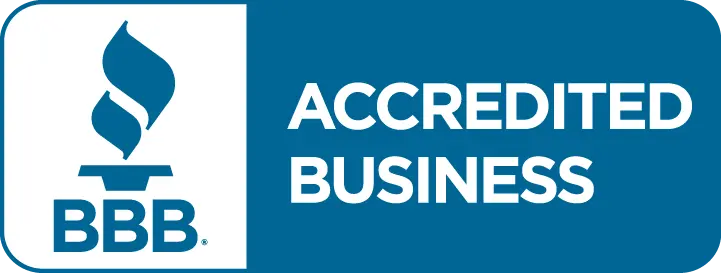Blog
Our blog offers important resources, helpful articles, and practical ideas on the human resources topics that matter to you.
Our blog offers important resources, helpful articles, and practical ideas on the human resources topics that matter to you.
Home / Media / Blog / What is Quiet Quitting and What to Do About it
Never mind the Great Resignation. Is “Quiet Quitting” the next talent challenge?
A recent Wall Street Journal article states that not taking your job seriously has a new name: Quiet Quitting.
Employees becoming disengaged and doing the bare minimum is nothing new in the business world. What may be new and important is how low the employee engagement rate is for Gen Z and younger millennials.
According to a recent Gallup poll, employee engagement for all generations is declining. But Gen Z ranked last for employee engagement. This should not be construed as a negative connotation of the generation. Instead, while seasoned leaders and employees have also struggled to regain balance after COVID, we need to recognize that our newest members of the workforce may have been enduring with less coping tools, opportunities, and experience to weather the storm.
Many workers seeking work-life balance say they feel they have the power to push back in the current labor market, hence the Great Resignation phenomenon and now the quiet quitting trend.
Proponents of quiet quitting say that it’s not about doing the bare minimum and collecting the paycheck. Instead, it’s about not working to the point of burnout and making time for life outside of work. The pandemic has increased stress and fear, along with many people deciding that they want more out of life than just working.
When it comes to boundaries, leaders also have to acknowledge that employees cannot be “on” all the time. Engagement and productivity can fluctuate daily, depending on any number of internal and external factors.

Employees in a temporary slump should not automatically be assumed to be quietly quitting, but rather may simply need a little time or some support getting back on track.
Experience tells us that quietly quitting may not give workers the balance they hope it will.
Ultimately, quiet quitting may result in feeling even less satisfaction on the job, less enthusiasm, and overall less engagement.
As a small business leader, what should you do when your employees “check out?”
Perhaps Ranjay Gulati of Harvard Business School is on to something with his suggestion that instead of Quiet Quitting or the Great Resignation, we should be considering this time the Great Rethink.
You’ve done so much since the pandemic to pivot. This is an invitation for leaders to rethink company culture, mission, and values, to tap into employees’ desire to have a sense of meaning and purpose in their work.
Interested in other current employment trends? Click the link to view the recent blog: September Labor Law Updates or check back for more on human resources, payroll, insurance, and benefits.
This article does not constitute legal advice, and there are subtle variations in employment law as it pertains to this topic, depending on where your business operates. It is strongly suggested that you seek consultation or legal counsel before making policy decisions.
Join the INFINITI HR family! Subscribe to our newsletter and get the latest HR news and tips.
INFINITI HR helps companies reduce costs by managing human resource functions while allowing businesses to focus on their core operations that impact profitability. Our platform provides full regulatory compliance management, on-demand HR guidance, real-time payroll /tax filing, POS integration and access into industry leading True-Group master policies for workers’ compensation, employment practices liability insurance, and other operational business coverages.
Toll free: 866-552-6360






